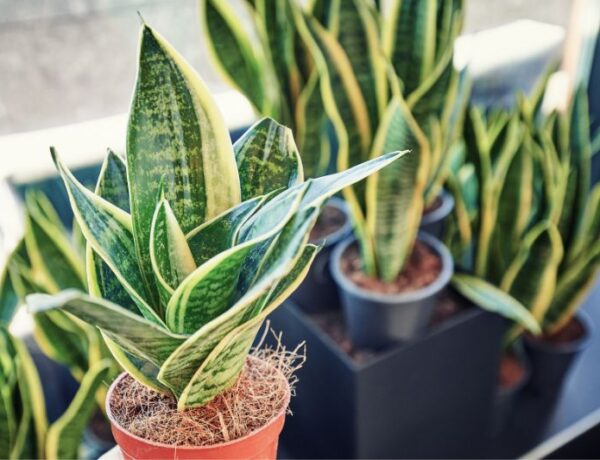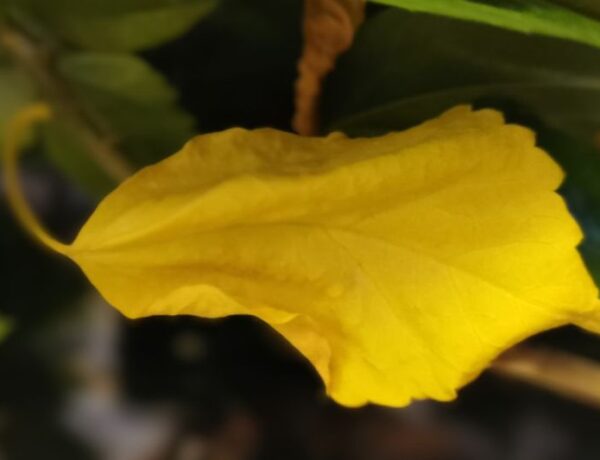Have you ever wondered if it’s better to water your plants in the morning, afternoon, or evening? If this answer is yes, then we’ve got you covered! In this article, we’ll explore the optimal time to water your green companions and why it matters. So sit back, grab a watering can, and let’s get into it!
Table of Contents
Why does the time you water your plants matter?
The timing of your plant watering routine can have a significant impact on the health of your plants. For example, watering your plants during the hottest part of the day can cause water to evaporate before it has a chance to be absorbed by the plant’s roots. On the other hand, watering your plants too late in the day can leave them damp overnight, which can create an environment for fungi and other plant diseases to develop.
So, when is the best time to water your plants?
Option 1: In the morning
Many gardening experts recommend watering your plants in the morning, shortly after sunrise. This is because the air is cooler in the morning, and the sun is not as intense. Watering in the morning also allows the water to soak into the soil and reach the roots of the plant before the heat of the day causes it to evaporate.
Another benefit of watering in the morning is that your plants have a chance to dry out during the day, which can help to prevent fungal growth.
Option 2: In the afternoon
While watering your plants in the morning is generally recommended, there are some situations where watering in the afternoon can be beneficial. For example, if you live in a particularly hot and dry climate, watering your plants in the afternoon can help to cool them down and prevent them from becoming stressed.
Additionally, if your plants are in containers or hanging baskets, they may dry out quickly in the heat of the day. Watering them in the afternoon can help to keep them hydrated and healthy.
Even so, it’s important to keep in mind that watering your plants in the afternoon can cause water to evaporate before it has a chance to be absorbed by the plant’s roots. To prevent this, be sure to water deeply, so that the water reaches the roots of the plant.
Option 3: In the evening
Watering your plants in the evening is generally not recommended, as it can leave your plants damp overnight, which can create a breeding ground for fungi to develop. However, if you’re not able to water your plants in the morning or afternoon, watering them in the evening is better than not watering them at all.
Tips for watering your plants
Regardless of when you choose to water your plants, there are a few tips to keep in mind:
- Water deeply
When you water your plants, be sure to water deeply, so that the water reaches the roots of the plant. This will help to encourage strong root growth and ensure that your plants are properly hydrated.
- Water at the base of the plant
When you water your plants, be sure to water at the base of the plant, rather than spraying water on the leaves. Watering at the base of the plant will help to prevent fungal growth and ensure that the water reaches the roots of the plant. And if it’s impossible to keep the leaves dry, check out bottom watering.
- Use the right amount of water
It’s important to use the right amount of water when you’re watering your plants. Too much water can lead to root rot, while too little water can cause your plants to become dehydrated and wilt.
To determine how much water your plants need, you should take into account the type of plant, the size of the container or garden bed, and the climate in which you live. As a general rule, most plants need about one inch of water per week, but this can vary depending on the plant and the environment.
- Consider the type of soil
The type of soil you have can also affect how much water your plants need. Sandy soil, for example, drains quickly and may require more frequent watering, while clay soil holds onto moisture and may not need to be watered as often.
- Observe your plants
One of the best ways to determine when to water your plants is to observe them. Check the soil regularly to see if it’s dry, and look for signs of dehydration, such as wilting leaves. If your plants are showing signs of stress, it may be time to water them.
Conclusion
In a nutshell, the best time to water your plants is in the morning. However, in some situations, watering in the afternoon or evening can also help out your leafy buddies.
Regardless of when you choose to water your plants, it’s important to use the right amount of water and observe your plants for signs of dehydration. If you follow the tips mentioned above, you can help ensure that your plants are healthy, happy, and well-hydrated.





No Comments